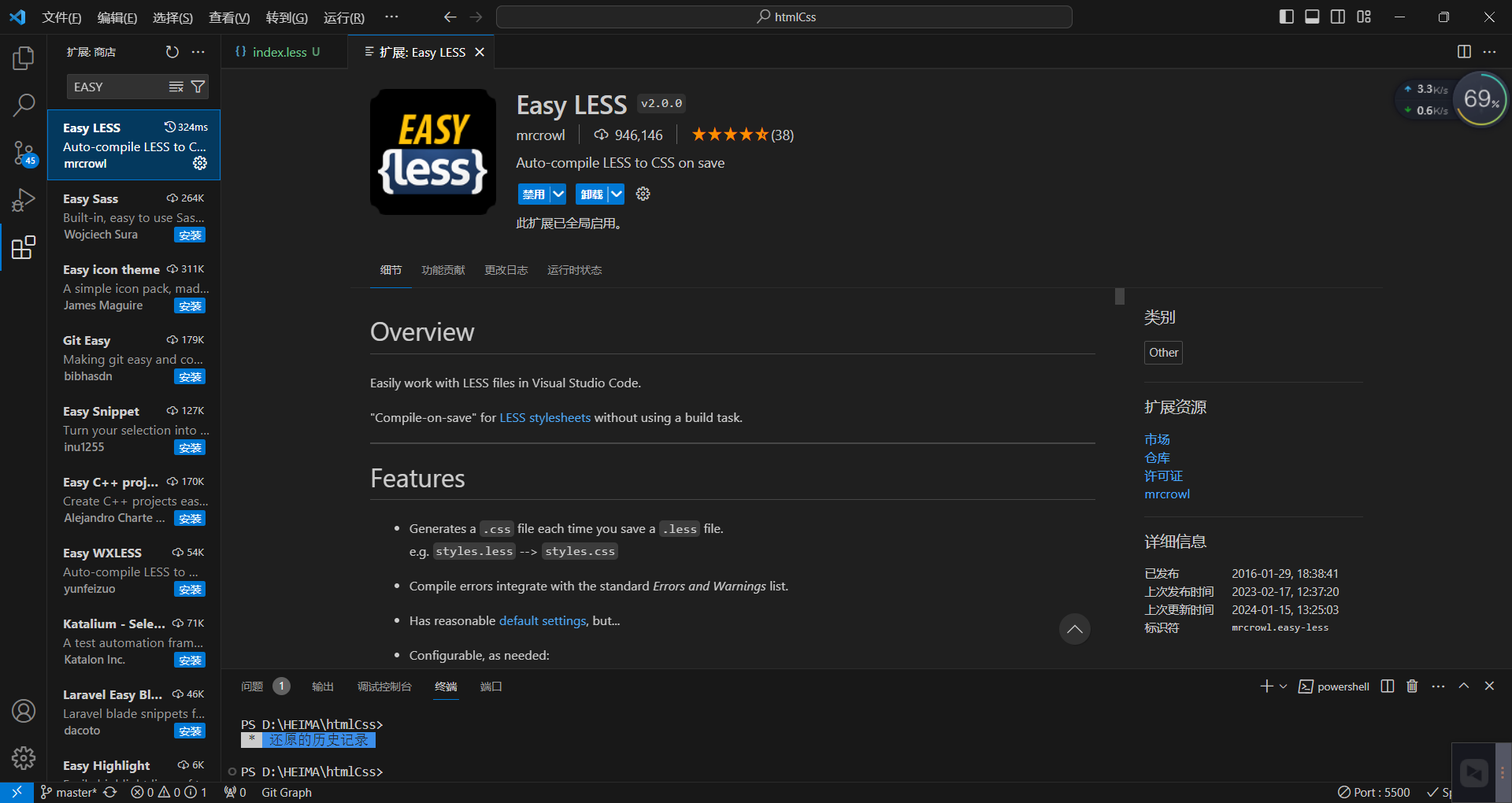Description
Given an array of integers nums and an integer k, return the number of contiguous subarrays where the product of all the elements in the subarray is strictly less than k.
Example 1:
Input: nums = [10,5,2,6], k = 100
Output: 8
Explanation: The 8 subarrays that have product less than 100 are:
[10], [5], [2], [6], [10, 5], [5, 2], [2, 6], [5, 2, 6]
Note that [10, 5, 2] is not included as the product of 100 is not strictly less than k.
Example 2:
Input: nums = [1,2,3], k = 0
Output: 0
1 <= nums.length <= 3 * 10^4
1 <= nums[i] <= 1000
0 <= k <= 10^6
Solution
Similar to 2302. Count Subarrays With Score Less Than K, every time when expanding the window, we introduce j - i + 1 new subarrays (with the nums[j] as the ending element)
o
(
n
)
o(n)
o(n)
Space complexity:
o
(
1
)
o(1)
o(1)
Code
class Solution:
def numSubarrayProductLessThanK(self, nums: List[int], k: int) -> int:
cur_prod = 1
i = 0
res = 0
for j in range(len(nums)):
cur_prod *= nums[j]
while i <= j and cur_prod >= k:
cur_prod /= nums[i]
i += 1
res += j - i + 1
return res
原文地址:https://blog.csdn.net/sinat_41679123/article/details/134623616
本文来自互联网用户投稿,该文观点仅代表作者本人,不代表本站立场。本站仅提供信息存储空间服务,不拥有所有权,不承担相关法律责任。
如若转载,请注明出处:http://www.7code.cn/show_3919.html
如若内容造成侵权/违法违规/事实不符,请联系代码007邮箱:suwngjj01@126.com进行投诉反馈,一经查实,立即删除!




